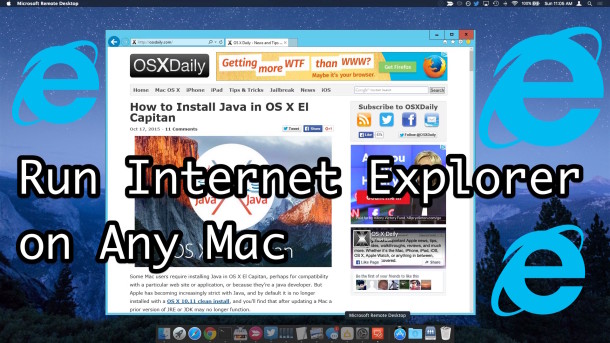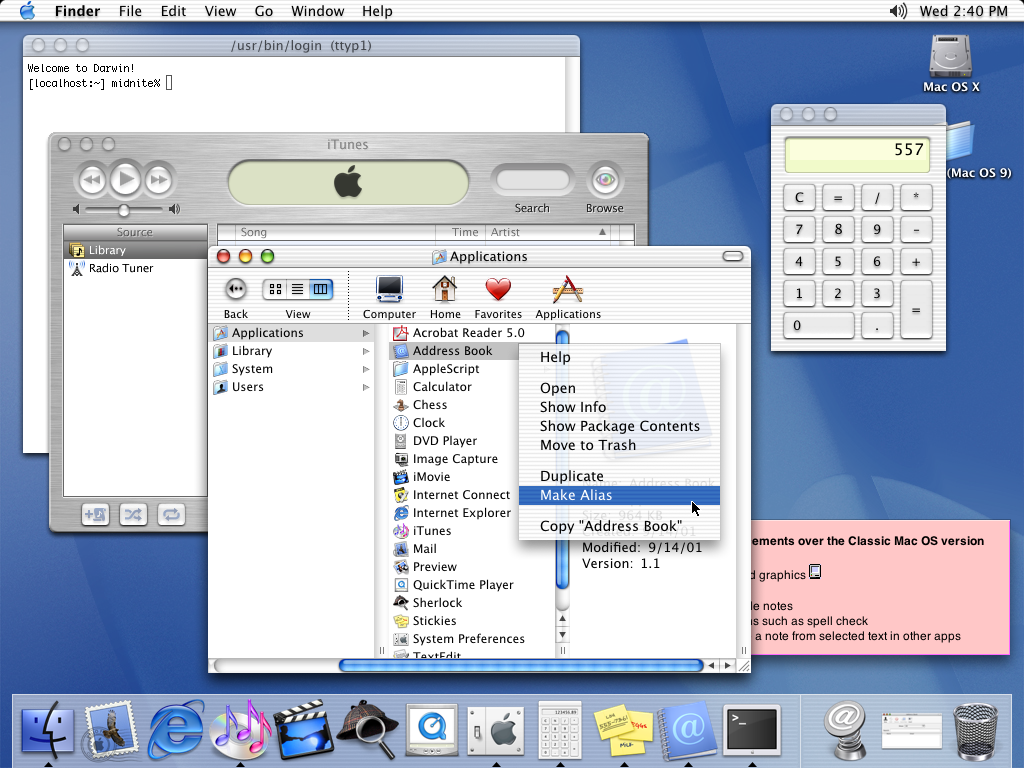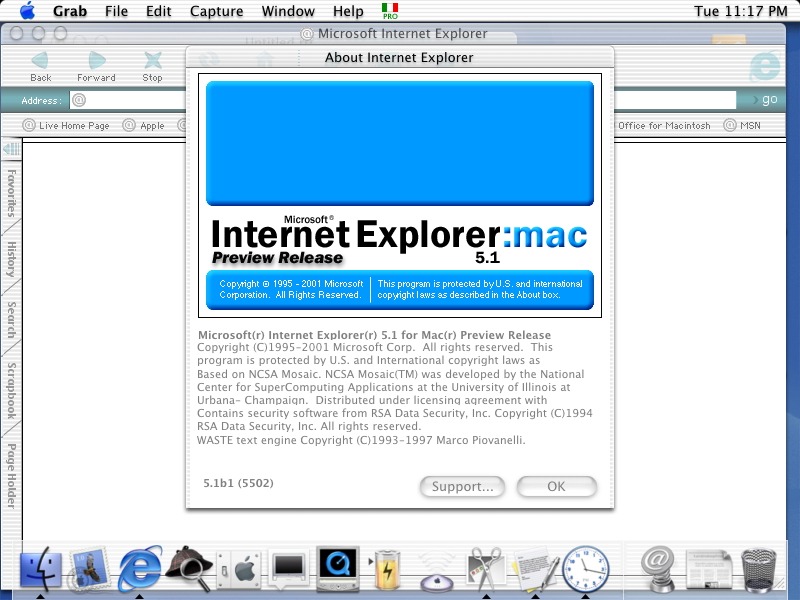Explorer 9 For Mac Os
Once upon a time, Internet Explorer was the default browser on all Apple Mac devices. Until 2003, when Apple released Safari, which eventually resulted in Microsoft discontinuing any support for Internet Explorer for Mac from 2005 onwards.
After that, the agreement that Apple and Microsoft was dissolved and any download links from official sites were removed. Getting IE or a newer Microsoft browser, Edge, on a Mac, simply isn't possible unless you want to download a potentially risky version from Torrent sites (not recommended).
So unless you are still running Mac OS X 10.6 (Snow Leopard) and earlier versions, you won't be able to get and operate Internet Explorer, and the only versions you might be able to access have been unsupported since 2005.
Start quickly with the most recent versions of Word, Excel, PowerPoint, Outlook, OneNote and OneDrive —combining the familiarity of Office and the unique Mac features you love. Work online or offline, on your own or with others in real time—whatever works for what you’re doing. Internet Explorer for Mac was later included as the default web browser for Mac OS 8.1 and later, as part of a five-year agreement between Apple and Microsoft. During that time, Microsoft released three major versions of Internet Explorer for Mac that were bundled with Mac OS 8 and Mac OS 9, though Apple continued to include Netscape Navigator.
For anyone with a passing familiarity with computers, that sounds like a major security breach waiting to happen. You don't want to be attempting to run a browser that hasn't benefited from any official support and upgrades for over a decade; so for those who need access to IE, this article is about how to get Internet Explorer for Mac.
How to get Internet Explorer for Mac?
As we mentioned, IE and Microsoft’s more evolved browser, Edge, is not directly available for Mac users. It isn't as though there aren't plenty of other browsers around, including Safari, Firefox and Chrome.
However, for those who develop apps and web-based technology, it can be useful - if not essential - to view how something is going to look and function on other web browsers, including Internet Explorer. It could be detrimental, especially if you've got users or customers of a web-based product, to launch it with no knowledge or testing of the user-experience across a range of browsers, including Internet Explorer.
Thankfully, there is a way to simulate having Internet Explorer on a Mac without downloading a security risk or using a Mac which is running Snow Leopard. Here is how you can get Internet Explorer on a Mac:
- Open Safari (this can be used to test the browser experience from other operating systems)
- Go to Preferences > Advanced
- At the bottom of this is a checkbox: Tick it: “Show Develop menu in menu bar”
- Now this gives you access to Developer Tools (known as the Develop menu in Safari’s menu bar);
- The Develop Menu is accessible through the top toolbar when Safari is open
- Go to User Agent
- Within that, you should be able to select a number of Internet Explorer and Edge browser versions to experience on a Mac, which should give you the user-experience required to test a new web-based product on those browsers on a Mac
- Whatever website you are on will automatically refresh to mirror an IE or Edge experience, on Mac. Do remember to switch back to Safari after you’ve visited that website using the User Agent option in the Develop menu.
If, for any reason, you need to take the IE experience to the next level on a Mac, you could download a virtual machine (such as VMware Fusion, which has a Windows license), therefore creating a Microsoft environment on a Mac, which would allow you to download Internet Explorer.
Before you do that, it can be useful to make sure your Mac is running at peak performance and not cluttered up with unwanted system junk. Here is how you can do that:
- Download CleanMyMac X (for free, here)
- Click on the Systems Junk tab
- Once your systems have been scanned, you can safely delete anything taking up space and slowing your Mac down.
Run Internet Explorer on a virtual machine
Ie For Mac Os
For those who need to take this one step further, here is how you can use Internet Explorer and run other Microsoft programs.
- Buy and download virtual machine software (such as VMware fusion)
- Now download a Windows ISO file (from the relevant Microsoft website)
- Launch VMware Fusion
- During the installation sequence, click “Create a new custom virtual machine”
- Drag and drop the Windows ISO file into the dialogue window
- Click Finish
- Then relaunch the Virtual Machine
- Now you can download Internet Explorer, Edge and any number of web or app-based Microsoft products.
When you want to go back to running software on macOS, remember to close the virtual machine and revert to your Mac how it usually is. For those who want to improve their overall Mac experience, the app we mentioned - CleanMyMac X - is well worth downloading. CleanMyMac X was created to make your life and work easier, and make your Mac operate as good as new.
Adobe Flash Player
JavaScript error encountered. Unable to install latest version of Flash Player.
Click here for troubleshooting information.
Flash player download is unavailable at this moment. Please try again after some time.

If your operating system/browser combination is not displayed, refer to the Archived Flash Player versions page.
About:
Mac Os 9 Games
Adobe® Flash® Player is a lightweight browser plug-in and rich Internet application runtime that delivers consistent and engaging user experiences, stunning audio/video playback, and exciting gameplay.
Installed on more than 1.3 billion systems, Flash Player is the standard for delivering high-impact, rich Web content.
Optional offer:
Terms & conditions:

By clicking the 'Download Flash Player' button, I agree that I have read and accepted Adobe's Software Licensing Agreement.

Mac Os 9 App


Note: Your antivirus software must allow you to install software.
Total size: MB
Internet Explorer 9 For Mac Os
-->